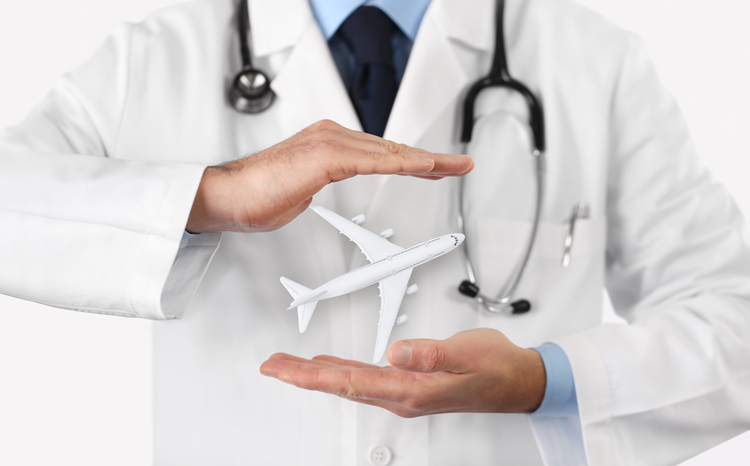Frequent business travelers say their job satisfaction is directly tied to their business travel experiences. According to a recent Global Business Travel Association (GBTA) survey, 59% of those looking for new employment state that a company’s travel policy is an important factor when considering a job opportunity. Not surprising is that almost 84% say that the caliber of their business travels directly translates to the success of the business trip.
The biggest challenge for business travelers is the time spent waiting to travel. Delayed flights, non-direct flights, layovers, and other time wasters such as preparing an expense report, top the list and are all time consuming.
Enjoyable and pleasant hotels have a large impact on travel experience for global road warriors along with nonstop flights and receiving paid time off. Many business travelers use their hotel room to continue working long after a meeting has ended, and hotel amenities and a comfortable room create a positive environment to get the work done.
Technology plays a certain role for happy business travelers and often enhances their travel experience. High on the list is online destination information, like Living Abroad’s Global Business Travel Center, with access to over 150 destinations. Other time saving tools are mobile expense reporting, itinerary management apps, safety tracking apps, and apps for mobile payments.
Communication from the travel department can be seen as a plus if the right information is conveyed at the right time. Some of the information business travelers have cited as perks are access to transportation options, information about the traveler’s destination, and internet availability.
Duty of care and corporate responsibility should also be conveyed to global travelers. Ensuring your employees will be safe and secure no matter where they travel, especially in more remote locations, keeps them from suffering stress. Duty of Care also includes keeping your business travelers healthy. The most common threats to health are stress, sleep interruptions, unhealthy eating and drinking, and a lack of exercise, which are common side effects of being on the road.
Over the long-term, these issues can add up to chronic disease risks. In addition, there is a strong correlation between the frequency of business travel and physical and behavioral health risks. Business travelers who spent 14 or more nights away from home per month had body mass index scores significantly higher than regular employees. These individuals often reported poor self-rated health, clinical symptoms of anxiety, depression and alcohol dependence, no physical activity, smoking, and trouble sleeping.
What else can companies do to keep their business travelers healthy? A combination of employee education and improvements in employer policies around travel will help. Through education, employees can learn to identify and select the healthiest options available. Training in stress management approaches and sleep hygiene techniques can be beneficial. Cognitive behavioral therapy and mindfulness-based stress reduction training are therapeutic options that provide personal coping strategies and have been effective in managing depression, anxiety and workplace stress.
Keeping all these points in mind will help your business travelers to be successful and maintain a healthy lifestyle while on the road. After all, a healthy and happy employee will both save the company money and make it more profitable.
If you are located in the New York City tristate area, Living Abroad and KPMG are hosting a Duty of Care presentation from International SOS. Dr. Quigley, M.D., D.Phil., Senior Vice President and Regional Medical Director, Americas Region, International SOS Assistance, Inc., and MedAire, will be the guest speaker.
To learn more about ways to support your global travelers, click here to register.
Written by Cathy Heyne, GMS-T, Managing Director, Marketing & Business Development


